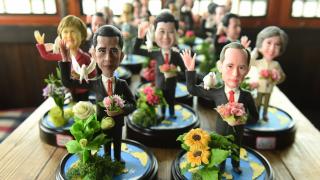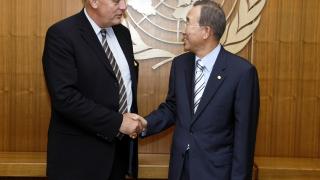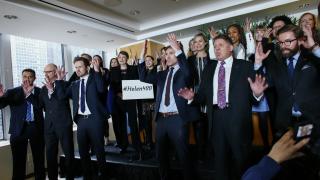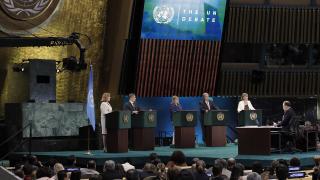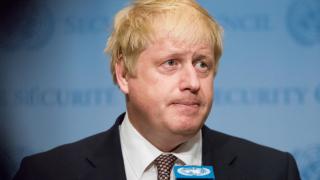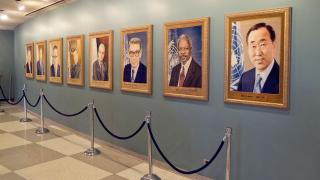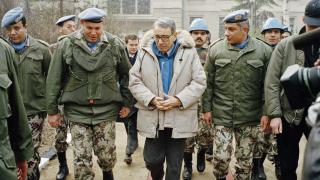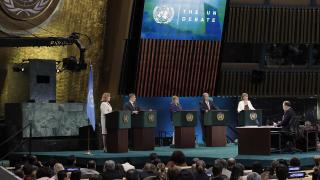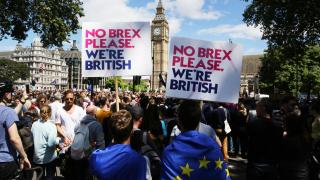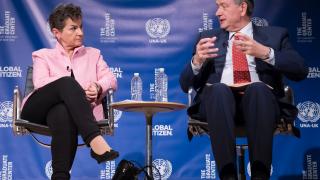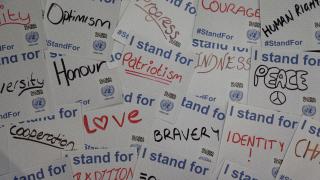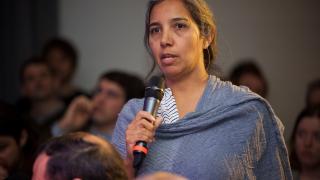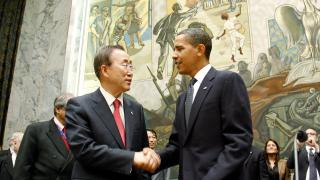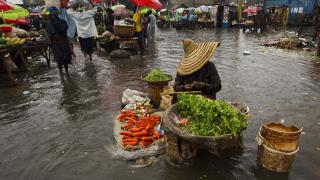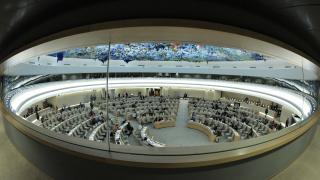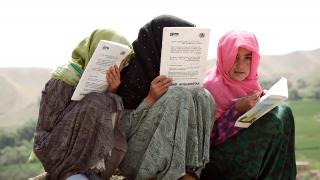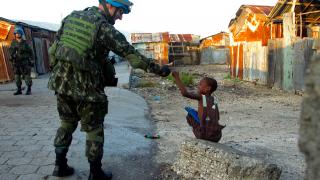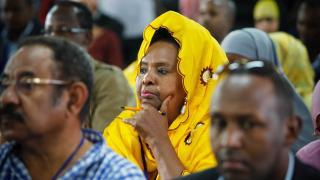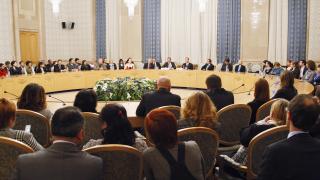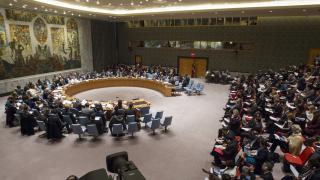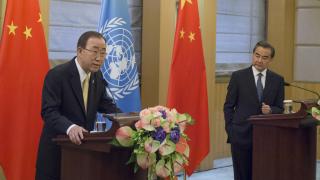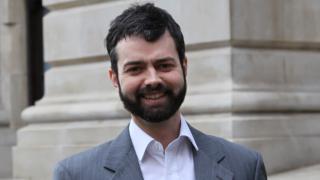
1 for 7 Billion has transformed the selection process of the next UN Secretary‑General. The driving force behind the campaign was the belief that people – the UN’s most important constituency – should have a say in who will ultimately represent them.
Calling for change without being prepared to help make it happen is an empty gesture. So as well as pushing for reform, we gave Secretary‑General candidates the chance to engage with the public through three unprecedented debates.
Held in New York and London, all declared candidates were invited and over half took part. More than 2,500 people attended the debates, with many times that number – over 35,000 in 161 countries – participating online: tuning in, asking questions and telling candidates their priorities via a poll.
To make sure we reached as wide an audience as possible, we partnered with the Danish Embassy in London; Future United Nations Development System project at CUNY Graduate Center; Global Citizen; the Guardian and New America.
This series was the first time in the UN’s history that candidates for the organisation’s top job shared a platform and debated each other. More coverage of these events, including webcasts and photos, is available here.
Since then, a number of other initiatives aimed at promoting transparency have taken place: a UN General Assembly “Townhall” meeting with candidates, broadcast by Al Jazeera; an Amnesty International “pledging” event for states standing for election to the UN Human Rights Council and debates between countries vying for non‑permanent Security Council seats organised by the World Federation of UN Associations.
The debates
Sailing into unchartered waters
Civic Hall, New York – 13 April
- Natalia Gherman – Moldova
- Igor Lukšic – Montenegro
- Vesna Pusic – Croatia
- Danilo Türk – Slovenia
This first-ever candidate debate was chaired by Julian Borger and Mark Rice-Oxley from the Guardian and took place as the UN General Assembly held individual dialogues with candidates for the first time. There was a palpable sense that candidates and audience alike did not really know what to expect. An aide to one of the candidates described the dilemma facing them: “It’s not like national politics where the aim is just to be popular. In this election, if you are too popular, you might scare off the P5. So it’s a delicate balance.”
“Is there any hope for future generations?”
Barbican, London – 3 June
- António Guterres – Portugal
- Vuk Jeremic – Serbia
- Igor Lukšic – Montenegro
Much larger than the other two events, with nearly 2,000 attendees, this debate felt like the people’s opportunity to grill candidates, far away from the UN’s New York headquarters. Candidates, by now more comfortable with the process, answered a broad range of questions, posed by everyone from from diplomats to school children, with perhaps the best question coming from 15-year-old Jessica from Leamington, who asked, “As a young person, I would like to ask, is there any hope for future generations?”
Drinking the "poisoned chalice" that is the UN
City University, New York – 13 July
- Christiana Figueres – Costa Rica
- Vuk Jeremic – Serbia
- Danilo Türk – Slovenia
Chaired by UN experts, Thomas G. Weiss and Barbara Crossette, this debate saw candidates pushed on the substance of their vision and the details of how they would change the UN system and secure the support – political and financial – to steer through reform. Candidates were asked why anyone would want to drink from the “poisoned chalice” that is the UN, eliciting answers based on the value of multilateralism, the UN’s little-touted success stories, and the need to fix this vital but tired organisation.

